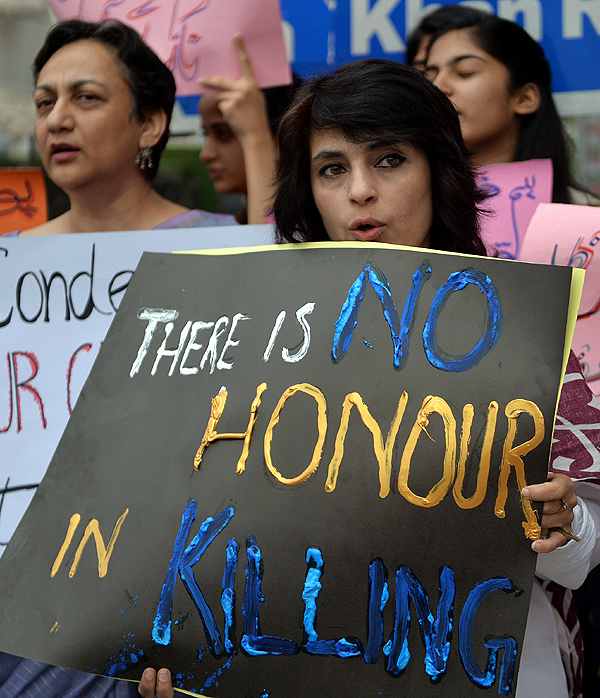Experts underscore conflict sensitivity for humanitarian actors
Monday, January 16th, 2012 8:58:09 by Fayyaz Yaseen
Experts underscore conflict sensitivity for humanitarian actors
ISLAMABAD (16 January 2012) Humanitarian assistance without conflict sensitivity can cause or aggravate tensions and conflicts and may end up doing more harm than good, said experts during the launch of research study “applying
conflict sensitivity in emergency response: current practices and way forward” jointly organized by CARE International and Sustainable Development Policy Institute (SDPI) here on Monday.
The study, which is recently conducted by CARE International, is based on field research in Haiti, Pakistan and Sri Lanka and maps the current state of conflict sensitive approaches (CSA) in emergencies. The study identifies good
practices, gaps and ways to integrate CSA across emergency programming cycle. The study concludes there are clear opportunities for synergy between conflict sensitivity integration and the emergency capacity-building initiatives currently ongoing within many
agencies and puts forward the idea of sector-wide ‘Minimum Standards’ that integrate CSA across the Humanitarian Program Cycle.
Dr. Abid Q. Suleri, Executive Director SDPI said that we must be ready to deal with more conflicts and old ways of responding to emergencies would not deliver any more. He highlighted the need to sensitize disaster management polices
adding that good policies can reduce the devastative impacts of disasters as often policy failures lead to human sufferings.
Monika Vrsanska, Programme Officer, CAFOD, Pakistan highlighting various aspects of study, recommended minimum standards to ensure conflict sensitive emergency response such as inclusion of CSA in preparedness plans and training
for senior and operational staff, inclusion of ‘Good Enough’ conflict analysis in emergency assessment phase, analysis of partnership strategy, orientation of new staff, use of participatory methods in managing distributions, and inclusion of conflict benchmarks
in monitoring and evaluations. “There is a widespread recognition of the need to integrate CSA principles into humanitarian response which do not require extra investments rather it will minimize harm and help manage conflict risks as well as enhance overall
effectiveness’ she added.
Aimal Khan Khattak, Senior Advocacy Advisor, CARE International maintained that conflict sensitivity in development assistance can serve not only to decrease levels of conflict or the potential for violent conflicts, but also to
increase the effectiveness of the assistance. He said that Integrating conflict sensitivity into development means thinking differently about programming, and adopting a new institutional mind-set. “We usually try to understand the context of, geographic
and social, in which we operate and understand the interaction between interventions and context and use this understanding in such a way to minimize negative impacts and maximize the positive ones’ while elaborating CSA he added.
Naseer Memon, Chief Executive, Strengthening Participatory Organization (SPO) expressed that recent flood disasters have removed thin layer from medley of conflicts in society. He maintained that professionals engaged in disaster
response need to understand the socio-cultural and political complexity in different parts of the country adding that issues like local employment, local procurement, maneuvering in relief operations and marginalization of weaker segments in the wake of disasters
have emerged as key conflicts during recent disasters. He urged the disaster response organizations to be better oriented with these conflicts and incorporate these learning in future plans.
Amajd Nazeer, Policy Advocacy and Campaigning Advisor, Oxfam Novib appreciated the launching of much needed research study. He said that distribution of food, shelter and other vital commodities for life potentially cause conflict
amongst affectees and beneficiaries. He said that most of the humanitarian actors learn things on ground resulting into developing less sensitivity towards conflicts prevails in our actions and attitudes. He said that none of humanitarian agency employed any
kind of formal conflict analysis tools while dealing with emergencies in Pakistan which is very important in a multilingual, multi -cultural, multi-religious and highly polarized society of Pakistan.
During question-answer session participants stressed on risk reduction, preparedness, further focus on gender, developing Pakistan-specific conflict sensitive approaches and a separate study on FATA and Balochistan. They also discussed
influence exerted by influential’s during relief distribution, and discussed how local organization can develop and retain disaster management capacities.
Short URL: https://www.newspakistan.pk/?p=9428

















